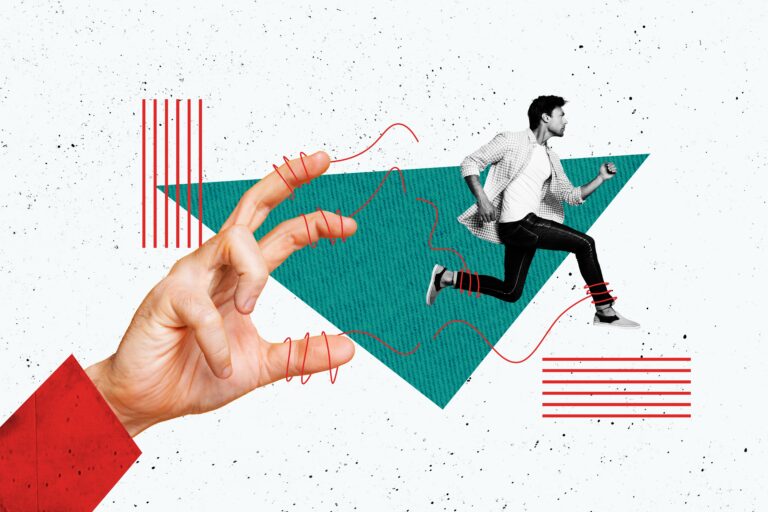The idea that the world is “crashing in” on Canada comes from the University of Toronto geopolitics expert Janice Gross Stein, in a quote given to Michael Taube for an article in this edition of C2C Journal. It seems a particularly apt metaphor to describe the tumultuous events of the last year, including the murders of two Canadian soldiers and the shoot-out on Parliament Hill involving domestic jihadist wannabes inspired by the Middle East’s most virulent radical Islamist movement yet. There is also the bloody conflict in Eastern Ukraine orchestrated by Russian empire revivalist Vladimir Putin, the dreadful Ebola outbreak in West Africa that threatened to infect our hemisphere, the huge democracy protests in Hong Kong where some 300,000 Canadians live, and a fitful global economy that has had unnerving impacts on oil prices and our Canadian petro-dollar.
When we were developing the theme for the Winter edition of C2C a couple of months ago, the global pot was boiling furiously and these stories owned the news cycle. Some of them are merely simmering now, allowing trivial stories like the spectacular fall of the CBC’s unfathomably popular radio host Jian Ghomeshi to compete for headlines.
The what-fresh-hell-is-this approach to journalism is a perilous one, for when the sky stops falling and the sun comes out, even temporarily, one can look like Chicken Little flapping around with its head cut off. Or worse, like global warming doomsayers on a planet that has seen no appreciable increase in aggregate global temperatures for 17 years.
But even if unsustainable paranoia was part of the inspiration for this magazine, it produced a clutch of very well-conceived and executed essays examining some of today’s biggest challenges to Canadian security and foreign policy. They are weighted, inevitably, towards what is surely the single biggest current threat to global security, Islamofascism.
Patrick Keeney takes us deep into the “Captive Mind,” where communism was once seen as the gateway to a secular materialist utopia, and where Islam is now held up as a “religion of peace.” Robert Joustra agrees radical Islamism is a dangerous religious phenomenon, and thus approves of what he calls the “religious turn” in Canadian foreign policy. The aforementioned Michael Taube’s piece examines the potential for security and foreign policy to frame the ballot in next year’s federal election. It’s uncommon but not unheard of in Canadian political history, and current polling indicates these issues are exceptionally high on the public agenda.
Jeffrey Collins looks at national security through the prism of military procurement, which has stalled as Ottawa made post-Great Recession deficit reductions and pre-2015 election tax breaks its top budget priorities. George Koch and John Weissenberger agree Canada needs to upgrade its military assets as part of a resolute western response to modern Russian aggression, which is no different from ancient Russian aggression, and is only ever contained by acting in kind.
Paul Robinson responds to all this fearmongering with a welter of data indicating that by almost every measure, our world is a safer, stabler, and more secure place than it has been in a long time. But John Thompson looks just over the horizon and sees declining global food reserves and spiking prices as harbingers of a hunger-driven international security crisis that could make our current travails look insignificant – and create enormous opportunities for Canada to prosper through increased demand for our agricultural products, along with all our other resources.
Thompson’s piece picks up the thread that runs through most of the articles in this edition of C2C Journal; the idea that Canada today is occupying a bigger and bolder space on the world stage. It’s partly because our population is growing, as is the strategic importance of our human and natural resources. Some would say it’s also because of the forthright ambition of the Harper Conservative government to “punch above our weight” on matters of international security and trade. Another school of thought, articulated by members of the traditional Canadian intelligentsia who might otherwise be described as “former friends of Jian Ghomeshi,” holds that the Harper government’s illiberal bravado is marginalizing our international influence. Maybe so, but the clear trend is that for good or ill, Canada’s getting bigger as the world gets smaller.







